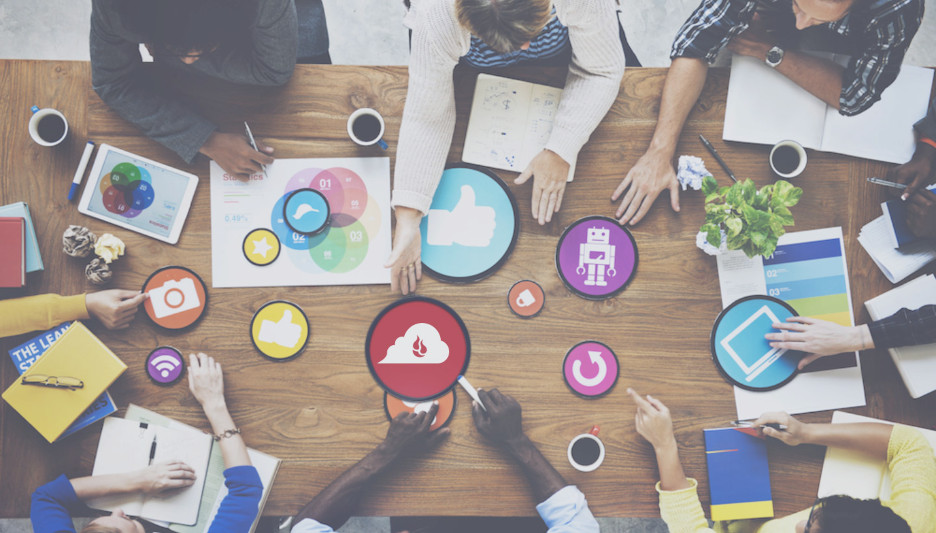Contact Info
- Lilongwe, Malawi
- +265 899 25 21 95 (Whatsapp)
- contact@webmobyle.com
- Working Days: Monday - Friday
Download Audio: It's Not For Free, You Are The Product

Whilst you are busy twiddling your thumbs over your mobile phone, or typing away at your keyboard, you are likely using one or other “free” online service. But have you ever stopped to consider how, or why, the service is free?
Most “free” services, and yes that includes services from Google and social media, as well as mail services, are designed to get your personal data and then use or sell it for profit.
The data is stored in massive data warehouses, and used to build your user profile, in order to match you with the needs of advertisers. I discussed some of the techniques used in advertising and re-targeting in the blog post titled, How Websites Are Tracking You Online.
Come to think of it, why would major businesses like Google or Facebook offer a service for free? It simply does not make sense unless there was something in it for them. Indeed, as the saying goes, there ain’t nothing as a free lunch.
For these companies to offer their services to you for free, there must be something they are getting out of it. It would be a terrible business model if it was truly for free.
As logic would have it, whatever these companies are getting out of you by offering you a “free” service must be more than they are putting in to give you that service. If this were not the case, there would be no economic sense in the whole affair.
Therefore, even if we may not realize it, we do pay for all the “free” services we consume online. It is only that we do not pay for them in monetary terms. There is another form of currency that these services demand that we find easy to part with.
If “free” services are not necessarily free, then who pays for them? The answer is that the consumer of the “free” service gets to pay for it. The commodity is the consumer of the service and more specifically, their attention.
There is so much going on online at any one particular time. So much in fact, that our attention becomes a precious commodity. Just among social media sites, you have to decide whether to spend most of your time on Facebook, or Twitter, or Linkedin for example.
What this means for businesses dealing in the commodity of your attention, is that the platform that holds your attention the most, will proportionately reap the benefits. If a service can keep you engaged for a long time, it means they can better get and sell your attention to advertisers.
The commodity is also the currency. You sell your attention for the “free” service you are using in exchange for that service. The company offering the service in turn sells it to advertisers. Make no mistake, even if there is no money exchanged on your end, it is still a financial transaction.
And just to be clear, the company offering you the “free” service, actually exchanges your attention for actual money, when they sell your attention to advertisers. Is there something sinister about this practice?
Now that we have established that what is being offered for “free” online is not necessarily free, then what? What does this really mean?
Are the businesses offering these “free” services somehow stealing from you. Are their practices underhanded? In other words, are they doing anything wrong?
Does it mean that you should stop using social media or ‘free’ services like Gmail? You could take that approach, but that would be very hard to do in this day and age, since we have become so reliant on “free” services, and have developed an addiction to social media.
The answer to all these questions is: not at all. These companies are merely exercising their right to trade in what you are offering, even though they are not upfront about it. My intention is to bring you to the awareness that, your use of such services in not really for free.
I am merely suggesting that you become more aware that, using these services comes at a cost, of which you should be aware. The biggest impact to consider in this scenario, is that on your privacy.
Be aware that every time you go online and use Facebook, for example, that site is tracking you, even when you visit other sites, so that they can better sell ads. And next time you go online, know exactly what you are paying for, to get that “free” service.
Want to hear some more from the Webmobyle Blog? Please


We use cookies to improve your experience on our site. By using our site, you consent to cookies.
Manage your cookie preferences below:
Essential cookies enable basic functions and are necessary for the proper function of the website.
These cookies are needed for adding comments on this website.
Statistics cookies collect information anonymously. This information helps us understand how visitors use our website.
Google Analytics is a powerful tool that tracks and analyzes website traffic for informed marketing decisions.
Service URL: policies.google.com (opens in a new window)
SourceBuster is used by WooCommerce for order attribution based on user source.
Marketing cookies are used to follow visitors to websites. The intention is to show ads that are relevant and engaging to the individual user.
Google Maps is a web mapping service providing satellite imagery, real-time navigation, and location-based information.
Service URL: policies.google.com (opens in a new window)

Leave A Comment